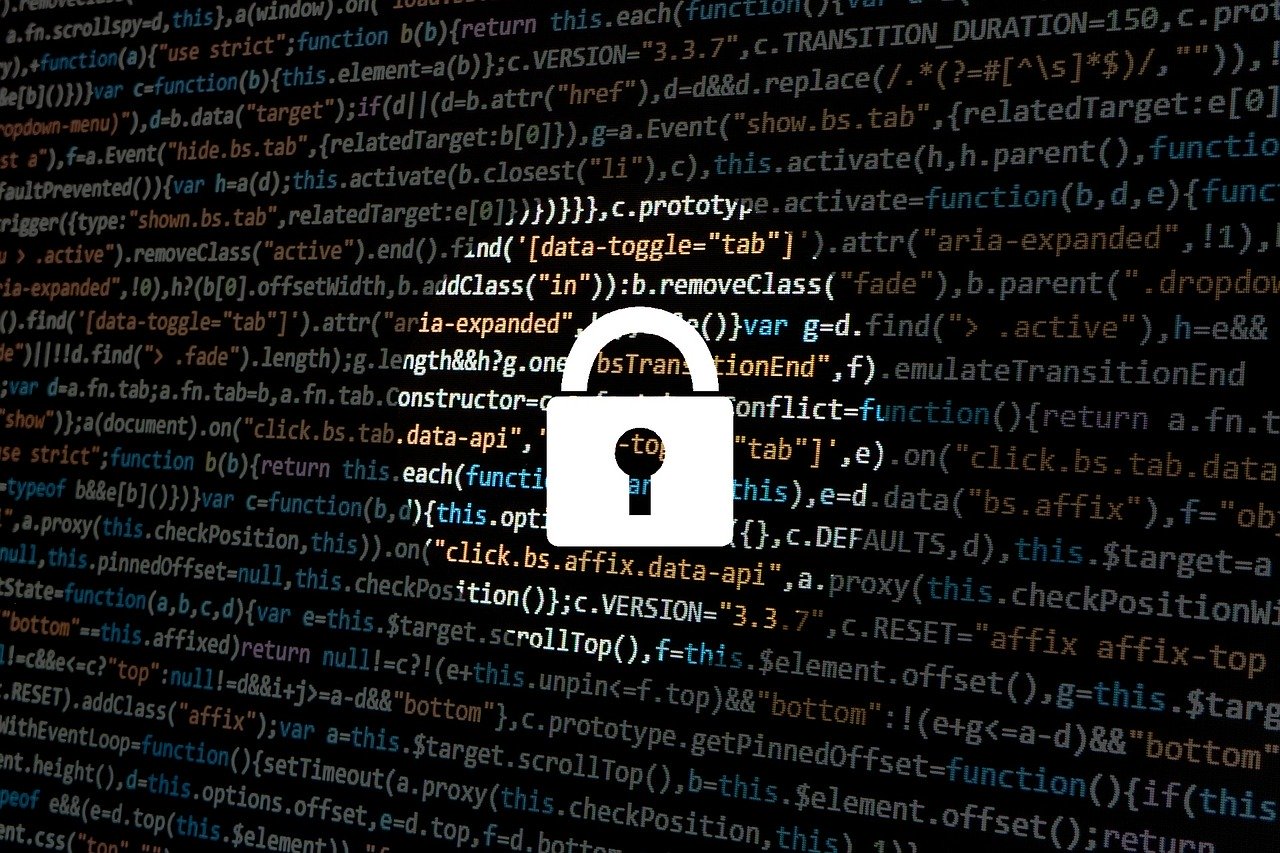
Clean Code
 By ITWorks
By ITWorks
What is Clean Code?
When we write code is our duty to remember that we are writing code for people. It should be simple and easy to follow, easily testable, and well documented. Clean code is code that other developers can easily read, understand, and add to. It’s easy to write code that just the machine will understand or code that just you understand, but that proves problematic in the long run.
Why should we write a clean code?
Writing good quality code is the main task while developing any software. It should not be considered as a time-consuming task, but an essential investment for the project. It is the most effective way to lower technical debt. When the code is clean and elegant, it is easy to understand, maintain and extend. Writing clean code might cost you a lot of time in the first place, but you will end up spending less time on maintenance.
Characteristics of a Clean Code
- Runs all the tests.
- Contains no duplication.
- Clean code should be pleasing to read so it should be elegant.
- Clean code is focused, that means each function, each class, each module exposes a single-minded attitude that remains entirely undistracted, and unpolluted, by the surrounding details.
- Clean code is taken care of. Someone has taken the time to keep it simple and orderly and have paid attention to details.
- Minimize the number of entities such as classes, methods, functions, and the like.
We could certainly say that the code follows some of the criteria of what makes code easy to understand:
- Easy to understand the execution flow of the entire application.
- Easy to understand how the different objects collaborate with each other.
- Easy to understand the role and responsibility of each class.
- Easy to understand what each method does.
- Easy to understand what is the purpose of each expression and variable.
Benefits of a Clean Code
-
Easier to Test
Messy, complex code is difficult to test. It isn’t just difficult to unit test, but it is hard to do any sort of automated testing if the underlying code is messy. Cleaner code is usually easier to test and–more to the point–easier to diagnose when something does break. -
Lower Maintenance Burden
Maintenance is expensive and, worse, it has a tendency to compound. If you can lower the maintenance burden, even by a little bit, that has a compounding effect on your ability to actually ship code. -
Bugs Are Obvious
Clean code is almost always simpler code, code in which the presence of bugs is more obvious. This allows the developer to get better feedback during code review, since mistakes of reasoning will not be obscured by unnecessary complexity. -
Easier to understand
Make it easy on other developers and your future self and write clean code that is easy to understand and therefore not time consuming to edit.
Conclusion
So if you want to save time and money, make your code as clean as you can. In this way you improve your work and simplify your life in the same time.

